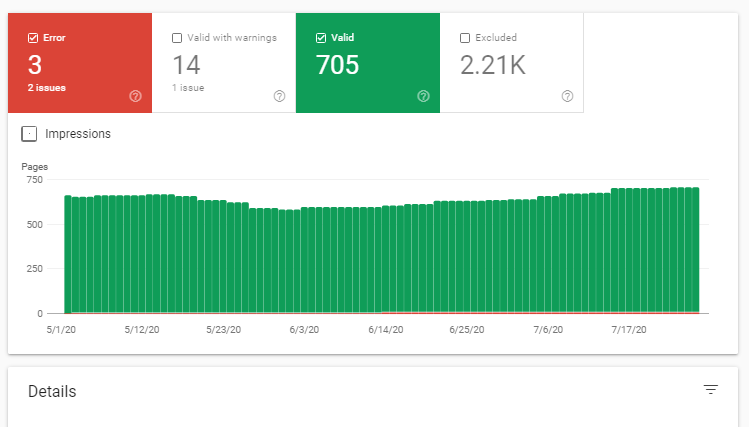The last decade attempted to make digital cash a reality, but in an unprecedented way, Cryptocurrency was born. Though initially intended by Satoshi Nakamoto, the inventor of Bitcoin, as a ‘Peer-to-Peer Electronic Cash System’, the idea of a decentralized digital cash system brought cryptocurrency to fruition. Having become a global phenomenon today, Cryptocurrency is a digital asset designed to work as an internet-based medium of exchange to make financial transactions using cryptographic functions. Leveraging the blockchain technology, crypto currencies intend to mitigate the inescapable burden of governmental control, by decentralizing the entire network. This allows for better transparency, anonymity, safety, and immutability. In simpler terms, Cryptocurrency is a digital/ virtual currency that operates on blockchain technology and is distributed across a large number of computers, therefore not dependent on a central computer/ server.
The uncertainty surrounding cryptocurrency is due to lack of a proper understanding of the technology behind it, and the unwillingness of the governments to allow a system that isn’t controlled by them. Though decentralized, trustless and based on a distributed consensus, cryptocurrency needs to satisfy the ‘Proof-of-Work’ protocol, as a mechanism to prevent any one party abusing it. While it is fairly new and unstable, crypto is gaining high levels of traction as they are a fast and comfortable means of payment with a worldwide scope and also act as a store of value. Over the past few years, apart from Bitcoin, several other cryptocurrencies such as Ethereum, Ripple, Litecoin, Monero have mushroomed and continue to have zero non-speculative impact on the volatile market. Although secured by math(cryptography), the transaction is irreversible and completely anonymous to any real-world identity. Evolving significantly over time, the stable coins aka cryptocurrencies have expanded into 3 types- fiat-backed, crypto-backed, and algorithm-based. Revolutionizing the way the world transacts and eliminating the traditional financial institutions who act as intermediaries, cryptocurrencies have made global transfers possible with minimal processing fees.
Similar to how the trading of a company’s stocks requires a stock exchange, the trading of crypto currencies is done via a cryptocurrency exchange. These exchanges allow traders to buy and sell crypto currencies, derivatives, and other related assets as against conventional fiat money. Where both the exchanges deal with asset trading, the crypto exchanges charge a brokerage commission as well as hold on to the investor’s asset. With numerous crypto currencies in the market, the opportunity to set up a business to facilitate traders across the world to buy/sell crypto currencies was tapped into, and today, over 140 crypto exchanges exist which aim to make crypto-trading legal and more accessible to people across the globe. A few of the notable crypto exchanges are Binance, Huobi Global, Coinbase, Kraken, and Bitfinex. These stand at the forefront of the crypto exchange platform market and trade globally. With the boom of cryptos in China, India jumped the bandwagon, leading the demand and popularity of the cryptocurrencies to grow steadily, and has been actively used for online transactions in the country. The Reserve Bank of India (RBI) ban on commercial banks servicing cryptocurrencies and exchanges was overruled by the Supreme Court in 2020, which fostered a stark growth in the use of cryptocurrencies. Setting itself apart from the existing exchanges, CoinSwitch Kuber, an India focused crypto-investment platform allows young Indian investors to invest and trade and purchase cryptocurrencies, as many as there are.

With a simplistic user interface, CoinSwitch Kuber provides a seamless experience even for users who aren’t familiar with the crypto market. Though the transfer of digital assets in the CoinSwitch Kuber wallet is free of charge, however any transaction executed through the platform is subject to a transaction fee. Additionally, on withdrawal of the digital asset from your wallet, a nominal fee shall be charged, and in case of any disputed transactions, CoinSwitch Kuber has a dedicated support team assigned for this purpose. This Bangalore-based startup raised $25-million in a Series B round led by Tiger Global Management, valuing the 3-year/old Indian startup at $500 million. This influx of funding comes 3 months after the Series A round, where the growing startup raised $15-million led by Ribbit Capital, Sequoia Capital India and Kunal Shah. The investment of Tiger Global marks a first for the New-York based investor in a cryptocurrency platform in India. Founders Ashish Singhal, Govind Soni, and Vimal Sagar Tiwari believe that the latest investment brings them at par with some of the most sought-after cryptocurrency companies in the world, and gives them a head start over the other companies in India. With a user base of 4.5-million, CoinSwitch recorded a revenue of $ 5-billion in March, 2021 with a growth rate of 350% in its users since January ‘21. The company aspires to use the funding towards developing the technology as well as enhancing the product and security capabilities, while also hiring talent and building the brand in India, and educating the Indian crowd regarding cryptocurrency and related assets.

Explore the application on PlayStore and iOS today, and trade in cryptocurrencies today.









